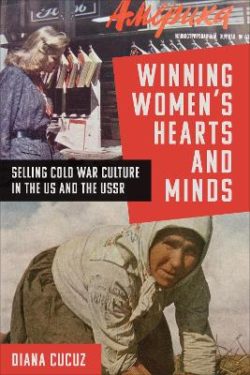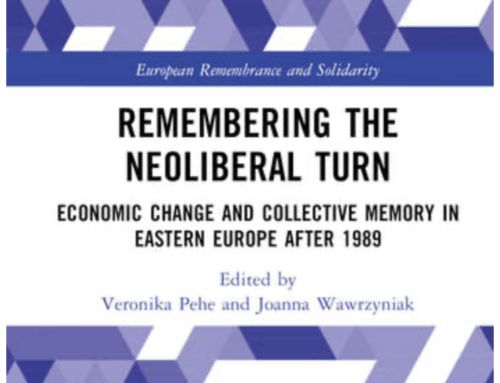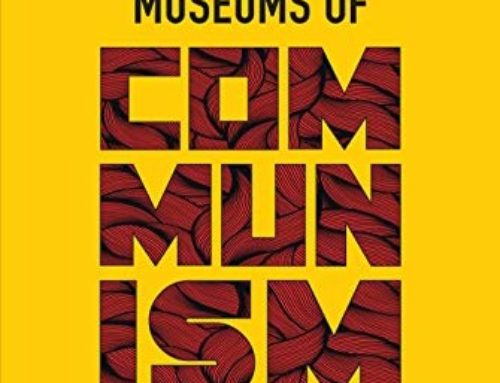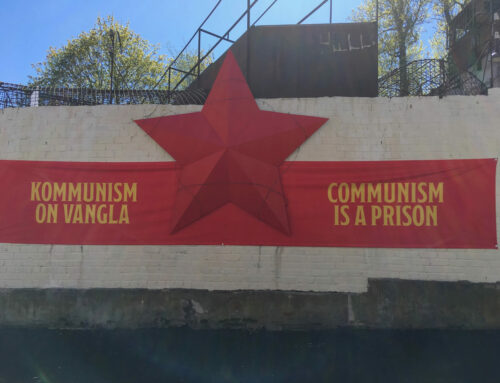 At the monthly PoSoCoMeS seminar on 4 December 2023, Monday, 5.30 pm (CET), historians Diana Cucuz and Katarzyna Stańczak-Wiślicz discuss how during the early Cold War, USIA officials used idealized images of American women as happy, fulfilled, and feminine wives, mothers, and homemakers to showcase a “better” way of life to Russian women, and how these representations illustrate the important intersections between foreign and domestic politics, and culture and gender, continuing to this day.
At the monthly PoSoCoMeS seminar on 4 December 2023, Monday, 5.30 pm (CET), historians Diana Cucuz and Katarzyna Stańczak-Wiślicz discuss how during the early Cold War, USIA officials used idealized images of American women as happy, fulfilled, and feminine wives, mothers, and homemakers to showcase a “better” way of life to Russian women, and how these representations illustrate the important intersections between foreign and domestic politics, and culture and gender, continuing to this day.
Zoom link: https://lmu-munich.zoom-x.de/j/61182078743?pwd=TEpTM1BGRGZueXkyekpTaGpvU2tMUT09
About the book
Throughout the Cold War, citizens behind the Iron Curtain had limited access to and knowledge of U.S. life and culture. Amerika, a glossy Russian-language magazine similar to Life, provided a rare exception. Produced by the United States Information Agency (USIA), America’s first peacetime propaganda agency, Amerika, known as a form of “polite propaganda,” provided one of the rare opportunities where the nation was able to influence the Russian public and convince women in particular that an American-style consumer culture and conservative gender norms could “better” their lives, while simultaneously serve to undermine the Soviet regime.
Diana Cucuz holds a PhD in history from York University (Canada) and specializes in American, women’s and cultural history, and the intersections of foreign and domestic policy with society and culture. Her research focuses on the ways in which the U.S. government and media politicized women, traditional gender roles, and consumer culture during the early Cold War. Dr. Cucuz teaches at Toronto Metropolitan University, the University of Toronto, and The Life Institute in the areas of 20th-century American foreign, social, and cultural policy.
Katarzyna Stańczak-Wiślicz is an assistant professor at the Institute of Literary Research of the Polish Academy of Sciences and a member of the Committee of Women’s History (a section of The Polish National Historical Committe). She has a doctorate in literary studies and an M.A. in history. Her interests range from gender and women’s history in post-war Poland to the history of popular culture and popular discourse analysis. She is the author of the book Real-life Stories. Confession Narratives in Polish Popular Women’s Magazines in XX century (Warsaw 2010), and co-author (with Małgorzata Fidelis, Barbara Klich-Kluczewska and Piotr Perkowski) of a monograph “Women in Poland 1945-1989. Modernization, Equality, Communism”/ Kobiety w Polsce 1945-1989. Nowoczesność, równouprawnienie, komunizm, Warszawa 2020). She is currently working on a personal narratives written in Poland during the crisis of the 1980s.




